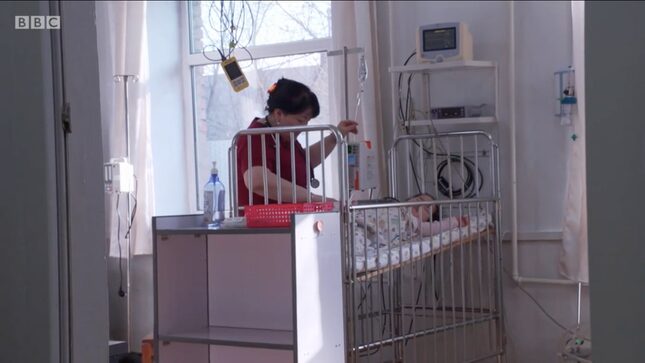Babies in Mongolia Can't Breathe Because of Climate Change
Latest

Climate change affects poor and vulnerable communities before it affects wealthier ones, and what’s happening in Mongolia is a prime example. A new BBC video on life in the capital of Ulaanbaatar highlights how many families are struggling to protect their kids from the effects of the city’s disastrous air pollution.
-

-

-

-

-

-

-

-

-

-

-

-

-

-

-

-

-

-

-

-

-

-

-

-

-

-

-

-

-

-

-

-

-

-

-

-

-

-

-

-








































